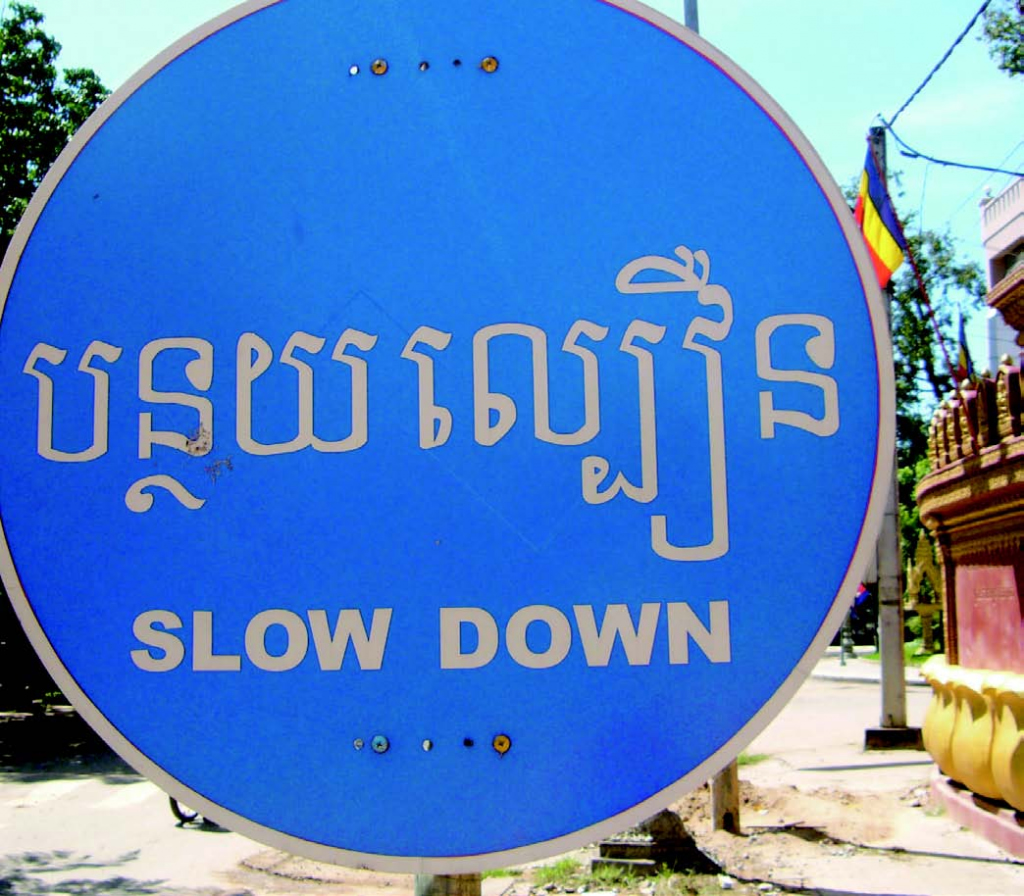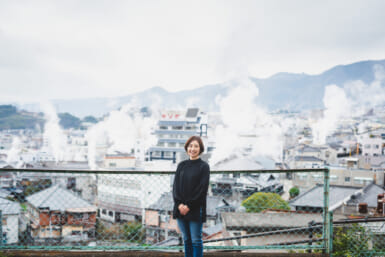Living and working in Tokyo, many people talk about wanting to slow down and bring balance into their lives. The recent financial crisis has forced many to face their own reality and re-evaluate their approach to life and how to live it well and happily. You can be encouraged to know that there is a movement dedicated to just this, the ‘slow movement.’
Protests against the opening of a McDonald’s in Rome in 1986 gave rise to what was to become a global movement espousing the way of ‘slow.’ In a world characterized by speed and efficiency, one could view slow as meaning lazy and unproductive. On the contrary, the slow movement is an approach that encourages people to find balance and live better by shifting the gears down to a deliberate pace.
Slow living is green living. By focusing on quality rather than quantity, the slow lifestyle helps you to see the interconnectedness of life and the ethics of living as you incorporate daily activities that promote health and well-being. Furthermore, the cultural attitude of slow can be eschewed in every aspect of daily living: food, travel, work, sport, design, education, shopping, and even city planning.
Using the origins of the movement as an example, ‘slow food’ seeks to defend agricultural biodiversity and encourage the enjoyment of regional produce and traditional foods in a way that does not harm the environment, animal welfare, or human health.
While there is no denying that Tokyo hums with activity and could do with a hefty dose of slow, when it comes to food Japan doesn’t fare too badly on the snail scale. Traditionally, Japanese culture honors good ingredients, attention to preparation and presentation, and the savoring of food in the company of others. Nevertheless, Japan needs to protect its small farms and local tastes as the farming population falls to less than five percent of the population, and more than half of farmers are over the age of 65.
Many cities around the world have become citta slow (slow cities), with the aim of improving the quality and enjoyment of living of their citizens. Even here in Japan, where work takes precedent and leisure is a luxury, people are questioning their relationship to their work, fellow humans, food, and the environment.
In fact, in 2001 Iwate prefecture issued a ‘Take-It-Easy Declaration’—a first in Japan. “In the late 20th century, Japan valued and pursued the ‘fast, cheap, convenient, and efficient’ life that brought us economic prosperity. However, it also caused problems such as dehumanization, social ills, and environmental pollution. We would like to move forward, with the slogan ‘Slow Life,’ to achieve ‘slow, relaxed, and comfortable’ lifestyles, and shift from a society of mass production and mass consumption to a society that is not hectic and does cherish our possessions and things of the heart,” reads the declaration.









